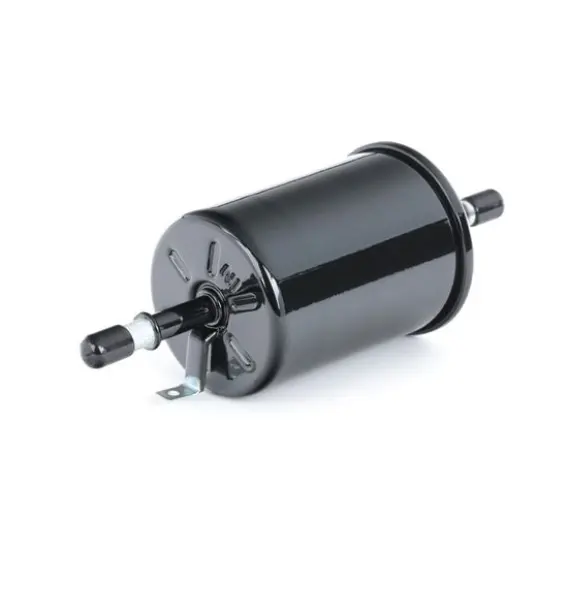Jul . 29, 2024 03:31 Back to list
Car Fuel Filter Exporters and Their Role in Global Automotive Supply Chains
The Role of Fuel Filters in Automotive Performance A Focus on Exporters
In the automotive industry, fuel filters play a critical role in ensuring the efficient operation and longevity of vehicles. These components are vital in preventing contaminants and impurities from entering the fuel system, which can lead to engine damage and decreased performance. As the demand for high-quality automotive parts rises globally, the importance of fuel filter exporters cannot be overstated.
Understanding Fuel Filters
Fuel filters are designed to capture dirt, rust, and other particles present in fuel, ensuring that only clean fuel reaches the engine. This is crucial not only for engine performance but also for emissions control. A clogged fuel filter can lead to a range of issues, including poor fuel economy, engine misfires, and in severe cases, total engine failure. Thus, using a reliable fuel filter is essential for maintaining optimal vehicle performance.
Importance of Quality Fuel Filters
The automotive market has been increasingly focused on quality over quantity. High-quality fuel filters are engineered with advanced materials and technology to withstand various operating conditions. Exporters who specialize in fuel filters must ensure that their products meet international standards and regulations. This is especially important as vehicle manufacturers increasingly seek suppliers who can deliver consistent quality in components, thereby enhancing the overall reliability of their vehicles.
Global Demand for Fuel Filter Exporters
car fuel filter exporter

The global automotive market has seen a significant shift towards more sustainable transportation solutions, leading to an increase in demand for automotive parts, including fuel filters. As countries work towards reducing carbon emissions, more consumers are looking for vehicles that not only perform well but also have environmentally friendly components. Fuel filter exporters are capitalizing on this trend by providing products that not only meet the performance requirements but also contribute to cleaner emissions.
Exporters must navigate various challenges, such as differing regulatory standards across countries. Each region may have unique requirements regarding fuel quality and vehicle emissions, which means that fuel filter exporters must be well-versed in these regulations to successfully penetrate international markets. Moreover, the emphasis on renewable energy sources has prompted a surge in interest towards hybrid and electric vehicles, which pose a new opportunity for exporters to innovate their product offerings.
Technological Advancements in Fuel Filtering
To remain competitive, fuel filter exporters are incorporating advanced technologies into their products. Innovations such as nanofiber filtration and better flow dynamics are being developed to enhance the filtering process, allowing for higher performance and longer service intervals. These breakthroughs not only improve fuel efficiency but also align with the industry's push for sustainability.
Furthermore, digitalization is playing an increasingly important role in the export sector. By leveraging data analytics, exporters can better understand market trends and customer preferences, enabling them to tailor their product offerings accordingly. This approach enhances customer satisfaction and fosters long-term relationships with clients worldwide.
Conclusion
The role of fuel filters in the automotive sector is undeniable, and the importance of reliable fuel filter exporters is continuing to grow as the industry evolves. By focusing on quality, technological advancement, and understanding market dynamics, exporters can not only meet the current demand but also drive forward the future of automotive performance. As vehicles become more advanced and environmentally oriented, the need for high-quality fuel filters will remain a crucial aspect of ensuring a sustainable and efficient automotive industry.
-
High Quality China Brand Car Air Filter & Auto Filters Supplier
NewsJul.26,2025
-
High-Quality Fuel Filter for Cars – Durable, Efficient Spin On Fuel Oil Filter
NewsJul.25,2025
-
China Cabin Filter Supplier – Premium Auto Air & Oil Filters Exporter
NewsJul.24,2025
-
Premium Antiskid Tire for Safe Driving & High Performance Filters
NewsJul.23,2025
-
Premium Antiskid Tire for Safe Driving & OEM Air Filter Solutions
NewsJul.22,2025
-
Premium Spin-On & Aluminum Fuel Filters for Car Care
NewsJul.21,2025


